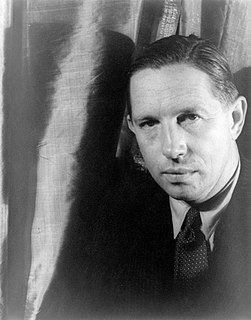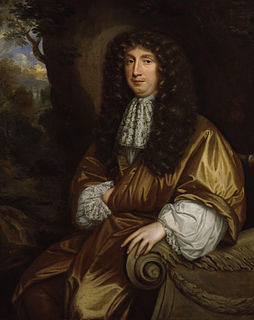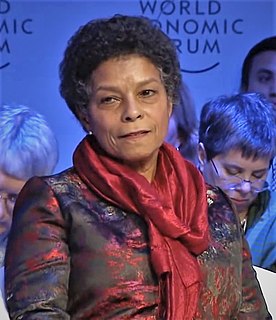A Quote by Alfred North Whitehead
The factor in human life provocative of a noble discontent is the gradual emergence of a sense of criticism, founded upon appreciation of beauty, and of intellectual distinction, and of duty.
Related Quotes
In the spiritual domain, criticism is love turned sour. In a wholesome spiritual life there is no room for criticism. The critical faculty is an intellectual one, not a moral one. If criticism becomes a habit it will destroy the moral energy of the life and paralyse spiritual force. The only person who can criticise human beings is the Holy Spirit.
If life is to be fully human it must serve some end which seems, in some sense, outside human life, some end which is impersonal and above mankind, such as God or truth or beauty. Those who best promote life do not have life for their purpose. They aim rather at what seems like a gradual incarnation, a bringing into our human existence of something eternal, something that appears to imagination to live in a heaven remote from strife and failure and the devouring jaws of Time.
I move through my day-to-day life with a sense of appreciation and gratitude that comes from knowing how fortunate I truly am and how unearned all that I am thankful for really is. To have this perspective in my everyday consciousness is in itself a gift, for it leads to feeling "graced," or blessed, each time. . . . Every time I see beauty around me I appreciate what I am seeing, and simultaneously I have this sense of appreciation-for being alive to have this particular moment.
Of all the differences between man and the lower animals, the moral sense or conscience is by far the most important. This sense, as Mackintosh remarks, "has a rightful supremacy over every other principle of human action"; it is summed up in that short but imperious word "ought," so full of high significance. It is the most noble of all the attributes of man, leading him without a moment's hesitation to risk his life for that of a fellow-creature; or after due deliberation, impelled simply by the deep feeling of right or duty, to sacrifice it in some great cause.
There is a rhythm in life, a certain beauty which operates by a variation of lights and shadows, happiness alternating with sorrow, content with discontent, distilling in this process of contrast a sense of satisfaction, of richness that can be captured and pinned down only by those who possess the gift of awareness.
The creativity and adaptability of life expresses itself through the spontaneous emergence of novelty at critical points of instability. Every human organization contains both designed and emergent structures. The challenge is to find the right balance between the creativity of emergence and the stability of design.
My noble father, I do perceive here a divided duty. To you I am bound for life and education. My life and education both do learn me How to respect you. You are the lord of my duty, I am hitherto your daughter. But here’s my husband, And so much duty as my mother showed To you, preferring you before her father, So much I challenge that I may profess Due to the Moor my lord.








































